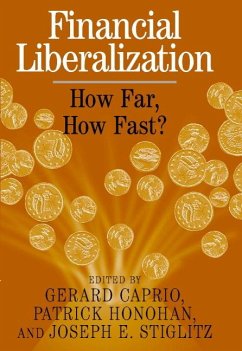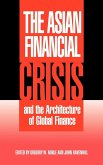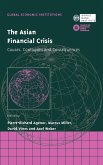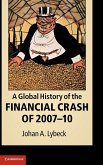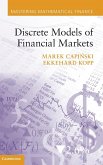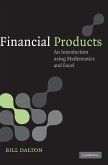The goal of this volume is to bring a more broad-based empirical experience than has been customary to the theoretical debate on how financial systems should be managed. This is achieved not only with cross-country economic studies, but also with an account of carefully chosen and widely contrasting country cases, drawn from Europe, Latin America, Africa, East and South Asia, and the former Soviet Union. The widespread financial crises of recent years have all too dramatically illustrated the shortcomings of financial policy under liberalization. The complexity of the issues mocks any idea that a standard liberalization template will be universally effective. The evidence here described confirms that policy recommendations need to take careful account of country conditions. The volume is the outcome of a research project sponsored by the World Bank's Development Economics Research Group.
Table of contents:
1. Introduction and overview: the case for liberalization and some pitfalls; 2. Robust financial restraint; 3. How interest rates changed under liberalization: a statistical review; 4. Financial liberalization and financial fragility; 5. Financial restraints and liberalization in post-war Europe; 6. Korea's financial crisis: a consequence of uneven liberalization; 7. Interest rate spreads in Mexico during liberalization; 8. The financial sector in transition: tales of success and failure; 9. Indonesia and India: contrasting approaches to repression and liberalization; 10. Reforming finance in a low income country: Uganda.
This volume addresses one of the most topical and controversial issues in banking and financial policy. It explains why governments have felt the need to liberalize banking and finance, for example, by privatizing banks and allowing interest rates to be set by the market. Professor Joseph E. Stiglitz is the winner of the 2001 Nobel Prize for Economics.
This volume provides a rounded view of financial liberalization after the collapses in East Asia.
Hinweis: Dieser Artikel kann nur an eine deutsche Lieferadresse ausgeliefert werden.
Table of contents:
1. Introduction and overview: the case for liberalization and some pitfalls; 2. Robust financial restraint; 3. How interest rates changed under liberalization: a statistical review; 4. Financial liberalization and financial fragility; 5. Financial restraints and liberalization in post-war Europe; 6. Korea's financial crisis: a consequence of uneven liberalization; 7. Interest rate spreads in Mexico during liberalization; 8. The financial sector in transition: tales of success and failure; 9. Indonesia and India: contrasting approaches to repression and liberalization; 10. Reforming finance in a low income country: Uganda.
This volume addresses one of the most topical and controversial issues in banking and financial policy. It explains why governments have felt the need to liberalize banking and finance, for example, by privatizing banks and allowing interest rates to be set by the market. Professor Joseph E. Stiglitz is the winner of the 2001 Nobel Prize for Economics.
This volume provides a rounded view of financial liberalization after the collapses in East Asia.
Hinweis: Dieser Artikel kann nur an eine deutsche Lieferadresse ausgeliefert werden.

